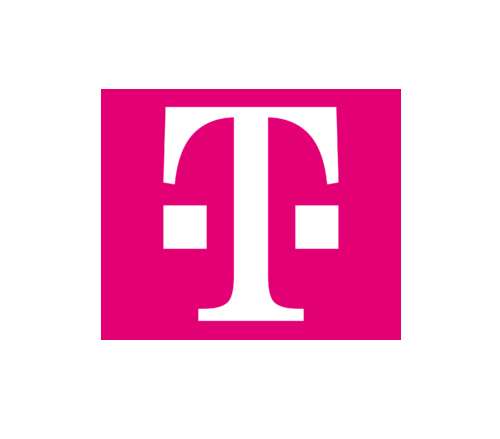T-Mobile (NASDAQ: TMUS) will acquire Metronet through a joint venture that it established with global investment firm KKR (NYSE: KKR), it was announced yesterday. The telecom firm reportedly plans a $4.9 billion investment for a 50 percent equity stake in the JV. The transaction, which includes Metronet’s residential fiber business operations and existing customers, vastly expands T-Mobile’s broadband portfolio.
Metronet is one of the largest privately held pure play fiber companies and an independent fiber-to-the-home (FTTH) operator, which reaches more than two million homes and businesses across 17 states with its fiber broadband platform. Following the transaction’s close, Metronet will become a wholesale services provider for its retail customers and 100 percent of its residential fiber retail operations and customers will transition to T-Mobile.
Yesterday’s announcement follows T-Mobile’s entrance into the fiber segment in April through the purchase of Lumos, whose fiber network crosses the Atlantic Coast. That transaction was executed through a joint venture with EQT, a global investment firm.
“The JV will be complementary to T-Mobile’s already existing 5G Home Internet offering, a fixed wireless solution currently being used in more than 5 million households and businesses nationwide using fallow network capacity over the Un-carrier’s 5G network, and the company’s previously announced fiber partnerships,” said T-Mobile CEO Mike Sievert.
Jeff Heynen, Vice President, Broadband Access and Home Networking, Dell’Oro Group, expects T-Mobile to continue making more investments into fiber, particularly in 2025, as the BEAD rural fiber subsidies get disbursed and projects get underway.
“Between Lumos and Metronet, T-Mobile will now have access to a fiber footprint that will pass a combined total of at least 10 million homes by 2030,” Heynen said. “And I don’t think T-Mobile will be stopping there.”
Mobile has been successful with its Fixed Wireless Access service in stealing away suburban and rural customers from cable companies, but there will always be a hard ceiling on how many FWA subscribers the company can support using excess spectrum capacity, according to Heynen. “If [T-Mobile] wanted to match its ambitions to become a nationwide broadband provider, it was going to have to build or buy fiber networks.”
The post-pandemic subsidization of fiber through the government’s BEAD program will lead to an increase in fiber providers, but not all of them will be able to sustain their businesses in the long term, according to Heynen. “T-Mobile realizes this and is getting ahead of these trends by investing in and acquiring fiber providers in markets where it perceives it can continue stealing away subscribers from vulnerable cable operators,” Heynen said.
T-Mobile’s purchase of Metronet follows a major trend toward diversification where wireless carriers are expanding into fiber. Verizon Fios’ fiber internet is available to more than 15 million homes and businesses. AT&T currently offers internet through AT&T Fiber in 21 states.
By J. Sharpe Smith, Inside Towers Technology Editor





Reader Interactions